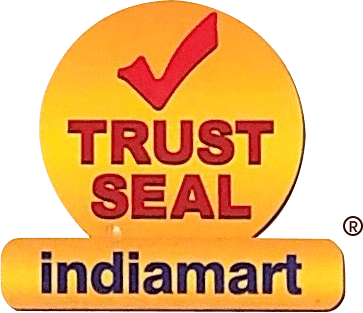FAQ
PRODUCT SPECIFIC
1. What is cavitation?
The increasing speed of the water entering into a pump will cause a reduction in pressure within a unit.
If this pressure decreases below a certain point or is too low, some of the water flowing in the unit will
begin to vaporize, forming bubbles entrained in the liquid. These bubbles will then collapse dramatically
as they move to areas with higher pressure creating the vibration and noise from the pump.
2. How do you know if the pump is cavitating?
You can identify if a pump is cavitating if it is making knocking vibrations or noises (like pumping
gravel) while running. Other common signs of cavitation may be erratic power consumption or fluctuations
or reductions in pump output.
3. What does water hammer sound like?
It sounds as though someone is hitting the pipe with a sledgehammer.
4. Will my pump work better if I use a bigger motor on it?
No. The quantity of water and the pressure (head) produced by a centrifugal pump is linked to the rotation
speed, the diameter of the impeller and the size of the vanes.
5. Is it possible to operate a centrifugal pump if it is running backwards?
A centrifugal pump speeds water off the tips of the vanes of the impeller. The centrifugal forces will
still accelerate the water when an impeller runs backwards — though far less efficiently. A backward
running pump will supply less water at reduced pressure, typically consuming less electricity. If the
impeller is attached to the shaft, when operating backwards, it may unscrew.
6. Is it possible to run a pump at zero flow for an extended time period?
Do not allow a centrifugal pump to function at zero flow for a long time. The impeller's friction will
cause water to boil, the mechanical seal may heat up and ultimately "burn up," all plastic components will
melt away, and water may leak into the windings of the engine. In residential structures, the pressure
switch shuts down the pump when the pressure is high, which implies low or no flow.
7. What is the minimum flow rate for centrifugal?
There is no set standard which sets any particular limits for the minimum flow in pumps. But it is
recommended that centrifugal pumps should not be operated at a flow rate of less than 50% of their ideal
efficiency point. If a flow rate of 50% or less is required by the pump, use a recirculation line to raise
the flow through the pump, maintaining the pressure low in the scheme. If however, a pump is operated at
low flows, it could overheat quite rapidly and cause vibration, cavitation, noise and mechanical damage.
TFT SPECIFIC
1. Does TFT’s warranty cover any damages or wear & tear caused in the pump?
TFT’s warranty only covers the physical and chemical properties of the pump. We also guarantee the
chemical composition of the pump.
2. Can TFT provide spare parts of an obsolete pump of any make?
Yes. TFT can support and help with all import substitution services. With our development team of
reverse-engineering expertise, TFT can reproduce and replicate a product as original as existing.
3. Does TFT provide service for pumps of any make?
TFT provides service and support for all kinds of pumps until installation & commissioning of the pump.
4. What range of products does TFT offer?
From centrifugal pumps, screw pumps to submersible pumps and AODD pumps, TFT can offer pumps for any kind
of application. For more details, please go through our products brochure on our website.
5. Does TFT export their products?
Yes, TFT has actively engaged with global markets and we are pursuing our export business all over the
globe.
6. Other than the supply of products, does TFT offer any other services?
TFT can offer reverse engineering services for import substitution, erection & commissioning contracts and
consultancy services.
Need a quote or information regarding your industrial pumping requirement ?
Call our team
Send us enquiry

